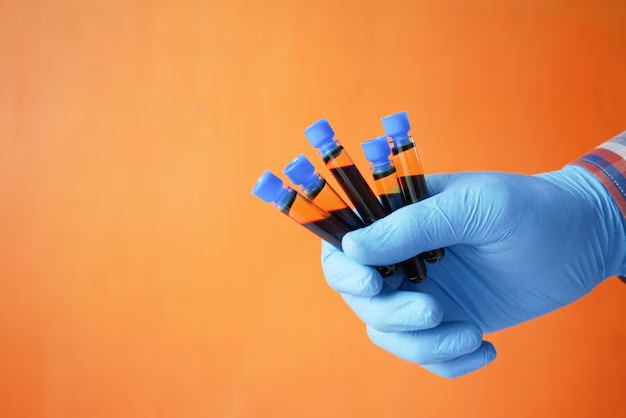How to Become a Phlebotomist in NY: Degrees, Certifications, and Licenses
Becoming a phlebotomist in New York is a rewarding career choice, providing a vital role in patient care through the collection of blood samples. While New York does not mandate national certification for phlebotomists, obtaining formal education and certification is highly recommended to enhance job prospects. Aspiring phlebotomists often start with a high school diploma or equivalent before enrolling in a phlebotomy certificate program, which can be found at community colleges and vocational schools. These programs cover essential topics such as anatomy, physiology, and the practical skills needed for blood collection. Upon completing an accredited training program, students are encouraged to seek certification from renowned bodies like the National Phlebotomy Association (NPA), the American Society for Clinical Pathology (ASCP), or the National Healthcareer Association (NHA) to bolster credibility.
Certification not only signifies industry competence but also reflects a commitment to adhering to best practices in phlebotomy. Investing in certification and training prepares candidates for successful entry into healthcare environments and demonstrates dedication to their professional development. Such credentials can differentiate an individual in the competitive job market, highlighting their expertise to potential employers.
Essential Steps to Becoming a Phlebotomist in NY
- 📚 Education: High school diploma or equivalent
- 🏫 Training Programs: Enroll in a phlebotomy certificate program
- �� Certifications:
- National Phlebotomy Association (NPA)
- American Society for Clinical Pathology (ASCP)
- National Healthcareer Association (NHA)
Cultivating a career in phlebotomy through structured educational programs and certifications is an effective path to achieving professional success and growth in New York’s healthcare sector.
